 EN
EN
 PT
PT

A good class isn’t a military regiment marching to the same beat, but an orchestra working on the same symphony.
The now famous quote by the French writer Daniel Pennac does not only refer to the complexity of going to school and the variety of approaches pupils take, but also the path to follow.
Pennac suggests working through competences, in a personalised way, as is proposed in the Personalised Tests series, which contains specific material for assessing primary school pupils, amongst which, tests on main subject content and tests for assessing competences applied to every-day real-life contexts.
THE BOOKS
Have a look inside
THE THREE LEVELS OF TEST
Each test, comprising a double page spread, is offered at three levels: basic test, facilitated test and simplified test, which are differentiated by a different icon on the test.

Basic
Facilitated
Simplified
Basic test
With all elements of complexity.
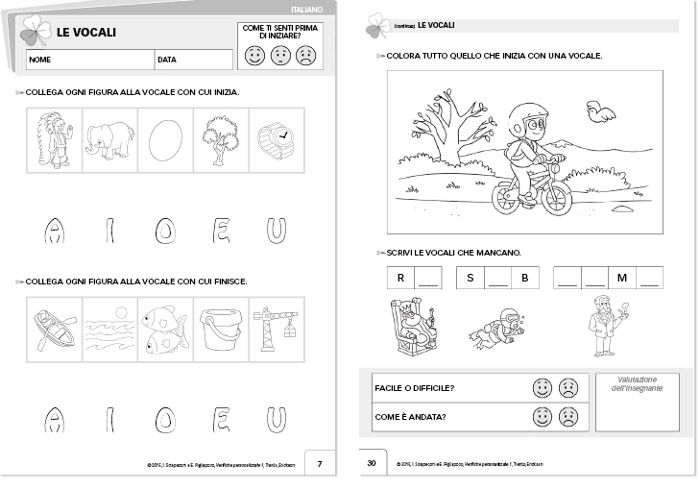
Facilitated test
The complexity of the cognitive task is the same. Reminders or models to copy are provided.
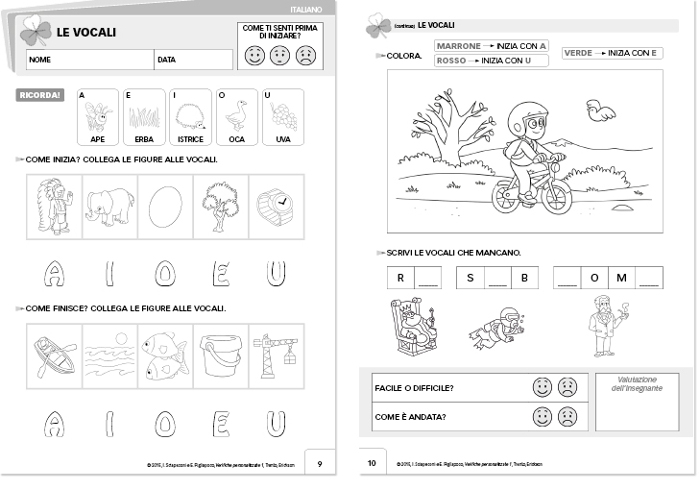
Simplified test
The complexity of the cognitive task is reduced. Fewer items for each exercise are given.
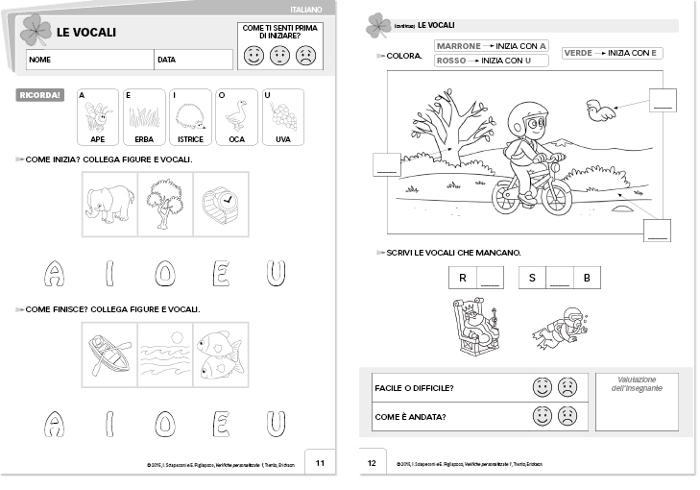
Here is an example of how the same exercise is given for the three levels
Basic test
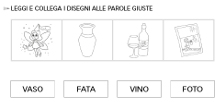
The complexity of the cognitive task is reduced. Fewer items for each exercise are given.
Facilitated test
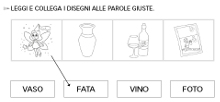
The complexity of the cognitive task is reduced. Fewer items for each exercise are given.
Simplified test
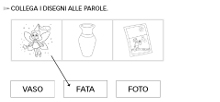
The complexity of the cognitive task is reduced. Fewer items for each exercise are given.
COMPETENCE ASSESSMENT
Each book also has competence assessment tests based on real-life tasks. The tests can be done individually or in pairs, in line with the cooperative learning methodology.
Each real-life test, given on three pages, comprises initial self-assessment of the pupil’s emotional state and final self-assessment according to their success in the test, alongside the teacher’s assessment.
Here are the real-life tasks on which the competence assessment tests contained in the four books are based on:
YEAR ONE
– Plan a game
– Give directions
– Organize a party
– Bake a cake
– Organize a visit
– Plan an investigation
YEAR TWO
– Understand words
– Manage a game
– Plan a reminder
– Review a cartoon
– Manage the school plan
– Make a little book
– Plan a treasure hunt
– Understand a narrative text
YEAR THREE: ITALIAN, HISTORY, GEOGRAPHY
– Inside words
– In other people’s shoes
– Detectives in action
– A prehistoric game
– Like GPS
– A day in the life of an archaeologist
YEAR THREE: MATHEMATICS, SCIENCE
– Animal investigations
– Chocolate roll
– Everyone at the bookshop
– In the «Thousand experiments» lab.
YEAR FOUR: ITALIAN, HISTORY, GEOGRAPHY
– Organising information
– Rebuilding an ancient game
– Presenting content
– Making a leaflet
YEAR FOUR: MATHEMATICS, SCIENCE
– Understanding and following a recipe
– Drafting an information leaflet
– Conducting a statistical survey
– Attributing economic value to an object
– Planning environmental awareness activities
YEAR FIVE: ITALIAN, HISTORY, GEOGRAPHY
– Organising information
– Rebuilding an ancient game
– Presenting content
– Making a leaflet
YEAR FIVE: MATHEMATICS, SCIENCE
– Understanding and following a recipe
– Drafting an information leaflet
– Conducting a statistical survey
– Attributing economic value to an object
– Planning environmental awareness activities